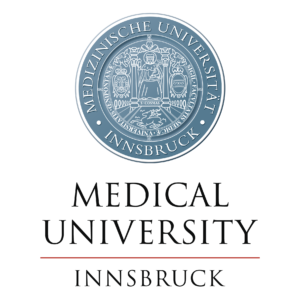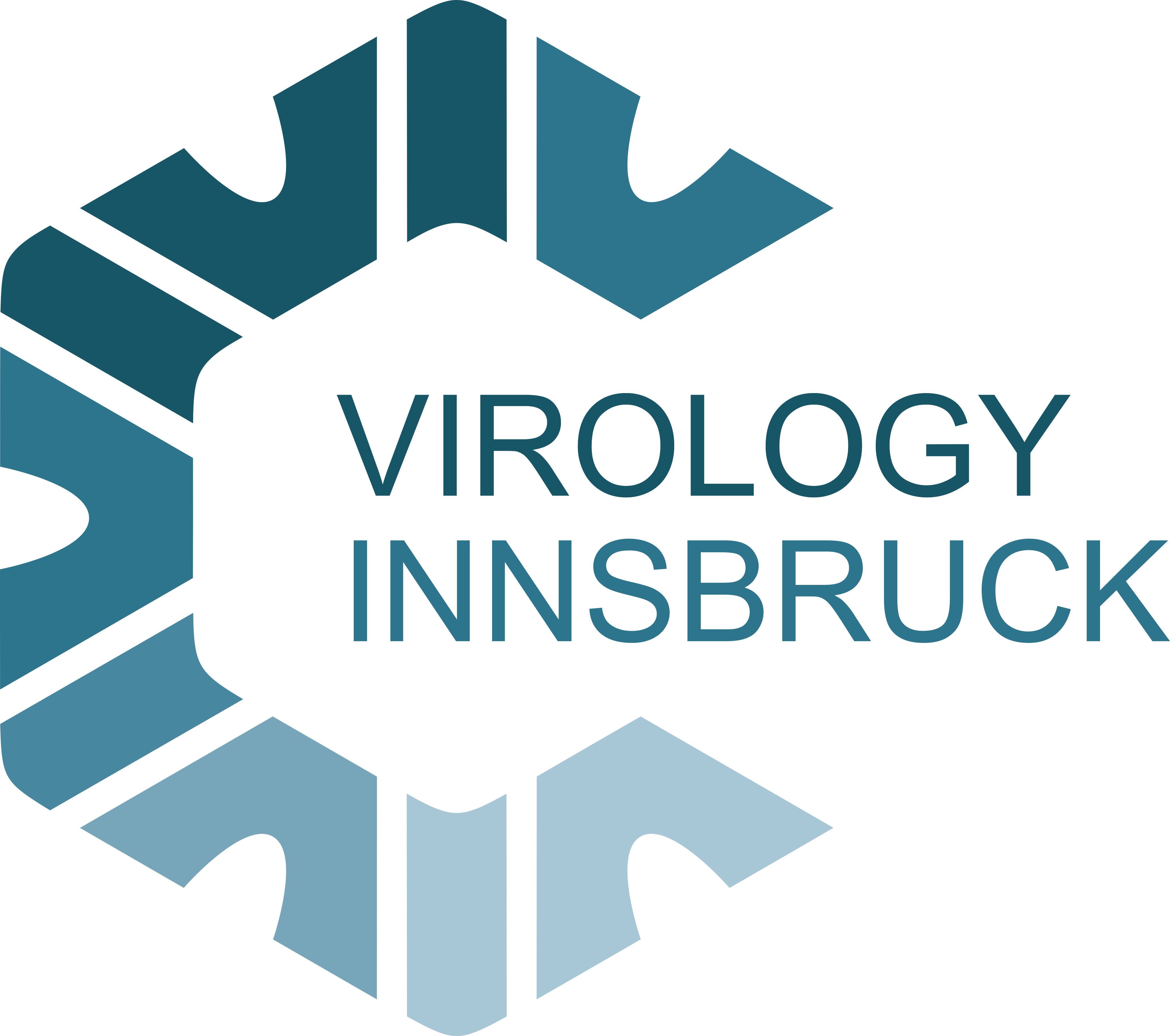June 2025
NewsletterSummary:
-
-
- Unusual increase in rotavirus cases between January and mid-June 2025, with one-third of cases occurring in May and June instead of the typical peak period of February to April
- Total of 106 positive rotavirus detections in our laboratory since the beginning of the year – despite an approved vaccine for young children
- Nearly half of the cases affected children under 5 years (51 cases), but also 55 cases in adolescents and adults, including many over 70 years of age
- Transmission occurs through smear infections from person to person as well as via contaminated objects, water, or food
- Multiplex-PCR analysis is covered by health insurance and detects rotaviruses as well as other viral gastrointestinal pathogens
-
Rotaviruses are non-enveloped RNA viruses with high stability against external influences and are therefore very environmentally stable. They are highly contagious and represent one of the most common causes of gastroenteritis in young children. Almost all children up to the age of 5 years have already experienced an infection. Although protection against the pathogen develops during the first years of life, this protection does not last long. Therefore, adolescents and adults can also become infected repeatedly.
Normally, cases accumulate between February and April, but this year one-third of cases were observed between May and mid-June. Rotaviruses are transmitted from person to person mainly through smear infections, as the pathogens are detectable in high numbers in stool. Contaminated objects such as toilets, shared towels, handles, fittings, or handrails can also enable infection. In addition, contaminated water or food to which the pathogens adhere can trigger infections with these viruses.
Despite an approved vaccination for young children, we observed a strong increase in positive samples in our laboratory since the beginning of the year, with a total of 106 positive analyses. Rotaviruses were detected by our PCR in 51 affected children (i.e., almost half of the cases) under 5 years of age, as well as in 55 cases in adolescents and adults. Of these, 37 cases were adults over 18 years of age with a larger proportion of patients over 70 years and 18 patients between 5 and 18 years. The analysis is offered as a multiplex PCR and is covered by health insurance. In addition to rotaviruses, the PCR also covers other common viral pathogens in the gastrointestinal tract, such as noroviruses, sapoviruses, astroviruses, or adenoviruses.
ao.Univ.-Prof. Mag.Dr.rer.nat. Heribert Stoiber
heribert.stoiber@i-med.ac.at
+43 512 9003 71706



